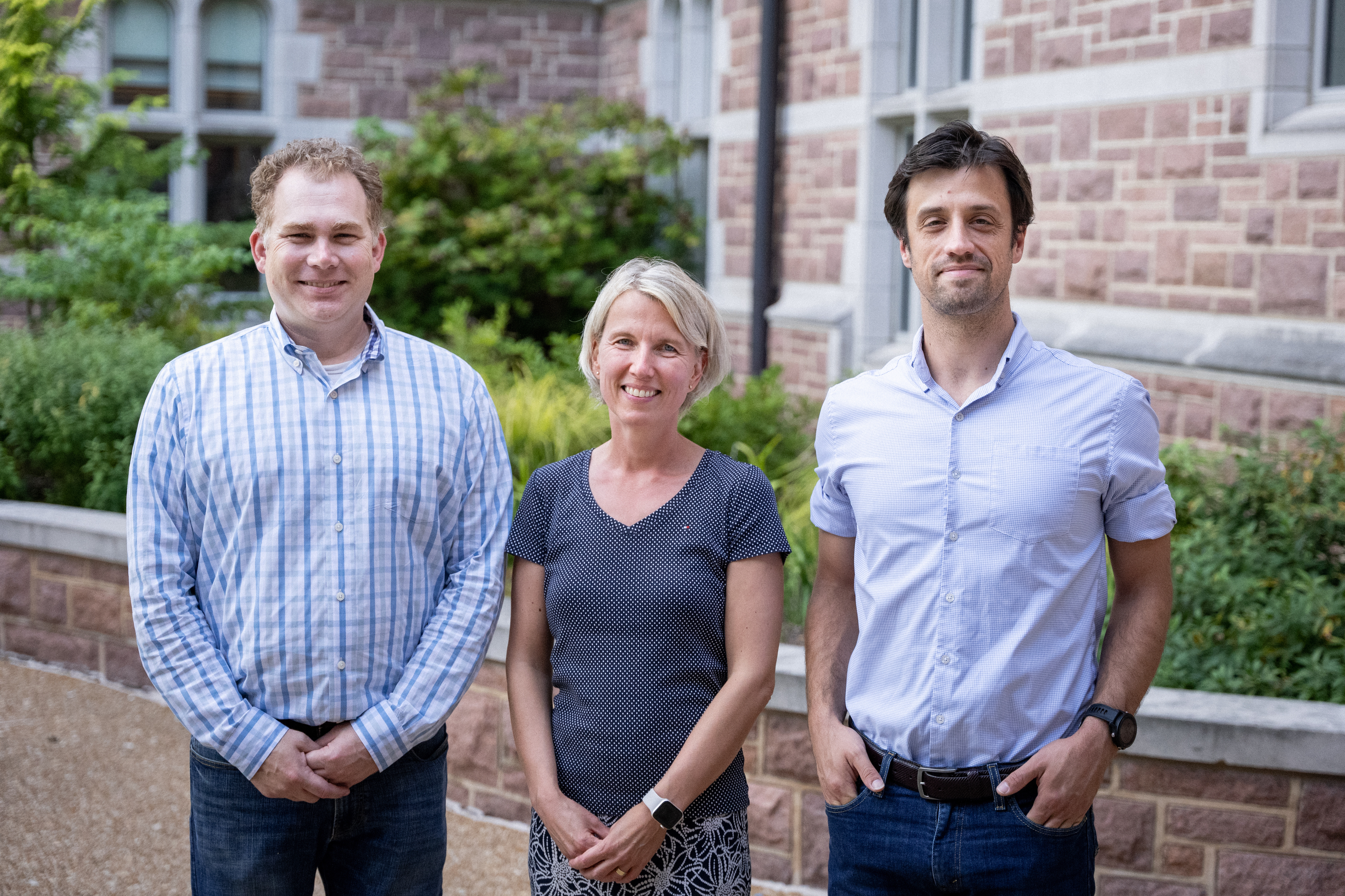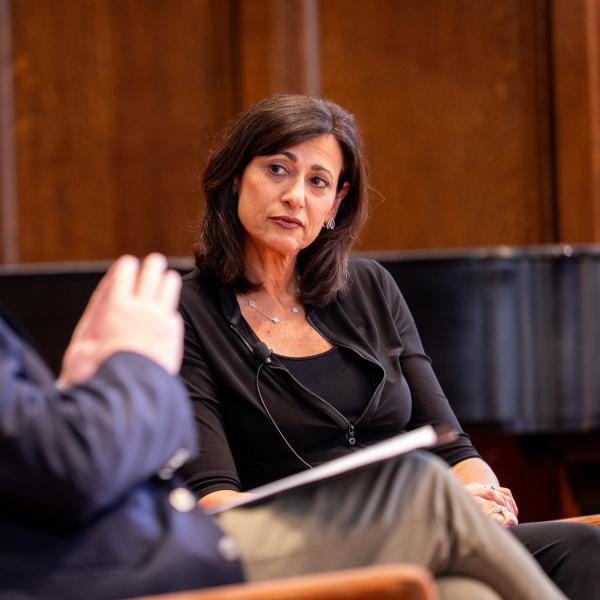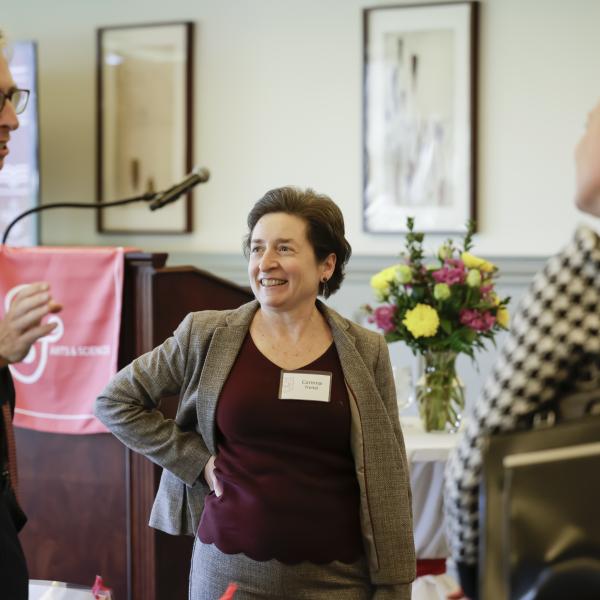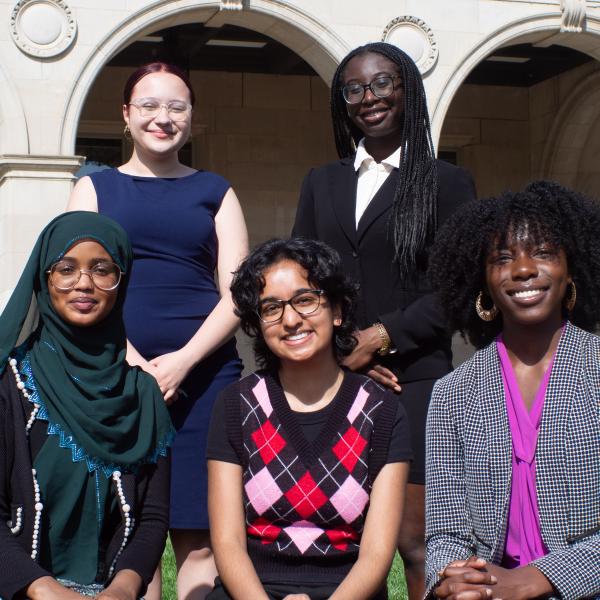Political scientists Christopher Lucas, Jacob Montgomery, and Margit Tavits recently won a $571,000 grant from the National Science Foundation to study the rise of populist rhetoric on social media and its effects on democracies.

“In recent years, increasing numbers of politicians across democracies have adopted populist rhetoric, criticizing the political elite and questioning the legitimacy of democratic institutions,” said Tavits, the William Taussig Professor in Arts and Sciences and chair of the Department of Political Science. “Donald Trump is one prominent example of a populist politician, but the phenomenon is more widespread globally. National Rally in France, Fidesz in Hungary, Alternative for Germany – these are just some examples from Europe, where about 20% of the electorate now votes for populist parties, a trend that some observers relate to democratic backsliding on the continent.”
Responding to concerns over the rise of populism and its potential threat to global democratic stability, Tavits, Montgomery, and Lucas will produce a new massive dataset capturing the extent of populism in communications by political elites. By scraping social media data from tens of thousands of candidates and hundreds of parties across nearly 80 countries, the team aims to advance political scientists’ understanding of the spread and consequences of populism in democracies around the world.
“We’re in a moment where a lot of political communication is happening on only a few social media platforms, and, thanks to recent transparency initiatives by companies like Meta and Twitter, we’re able to gather content from public pages to see what candidates are saying to constituents around the world,” said Montgomery, associate professor of political science and director of the Transdisciplinary Institute in Applied Data Science (TRIADS). “We can capture these data over time, which gives us a much richer, more dynamic dataset that we can leverage to study political competition not just at a party level, but also at a candidate level.”
That dataset will allow the team to answer questions like, how widespread is populism globally? Which types of candidates and parties are more likely to adopt it and when? Is populism contagious, i.e., does it spread from one candidate or party to another? If yes, how? How do voters respond to the use of populist rhetoric by politicians? Is this rhetoric more likely to incite extreme emotional responses? Their ultimate goal is to understand how populism affects political competition – both in terms of voter behavior and party politics – and what are its consequences to democracy.
The project developed from seed funding provided by the Weidenbaum Center on the Economy, Government, and Public Policy, which supported initial data gathering by Taishi Muraoka, then a postdoctoral researcher. Muraoka will continue working on the project alongside Montgomery, Tavits, and Lucas, as will graduate students interested in gaining critical, next-gen skills in data science with which to answer some of the most pressing questions of our time.
“Methods to computationally analyze large, multilingual data of this sort have radically developed over the last decade or so,” said Lucas, assistant professor of political science. “I'm excited to work with students on applying these sorts of computational tools to the study of a critical trend in politics: the global rise of populist politics.”



